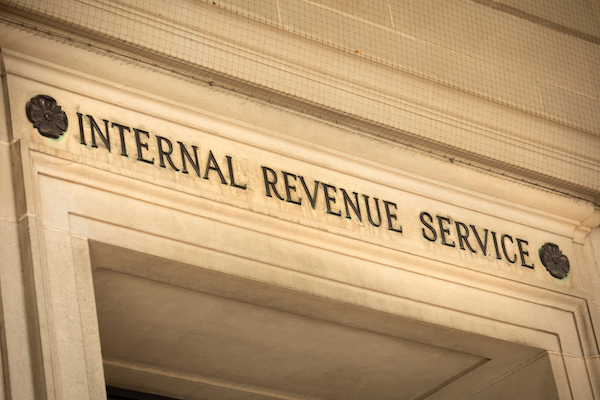Politics
NEW: IRS to Hire 30,000 More Staff

On Thursday, the U.S. Internal Revenue Service announced its $80 billion investment plan aimed at enhancing tax enforcement and customer service. As part of this initiative, the agency plans to recruit approximately 30,000 new employees and implement new technologies over the next two years.
In its much-anticipated Strategic Operating Plan, the tax agency has revealed that it intends to allocate approximately $8.64 billion of the newly acquired funding towards the fiscal years 2023 and 2024. Furthermore, the plan states that 8,782 of the newly recruited employees during this period will be designated as enforcement staff.
BREAKING: The IRS is hiring 30,000 more staff as they deploy $80 billion in new funding.
Your tax dollars are going to the government so they can use that money to take more of your tax dollars.
— Collin Rugg (@CollinRugg) April 6, 2023
“The IRS is going to hire more data scientists than they ever have for enforcement purposes,” U.S. Deputy Treasury Secretary Wally Adeyemo told reporters.
JUST IN: 🇺🇸 IRS to hire 30,000 new employees with additional $80 billion in funding to increase tax enforcement.
— Watcher.Guru (@WatcherGuru) April 6, 2023
Reuters reported:
The IRS also will continue to ramp up customer service hiring after taking on 5,000 new taxpayer services staff in recent months to answer telephones, reopen taxpayer assistance centers and process tax returns.
Including those new employees, customer services hiring will total 13,883 full-time-equivalent staff over the two-year period, according to the 148-page plan.
But a significant portion of these new hires will replace the nearly 12,000 IRS employees expected to retire over the next two years — including more than 4,700 enforcement staff, a U.S. Treasury official said.
The $80 billion in new funding from last year’s climate-focused Inflation Reduction Act is aimed at rebuilding the agency’s audit capabilities and 1960s-era computer technology after a decade of funding cuts mostly by Republican-controlled Congresses.
It also aims to help close the “tax gap” between taxes owed and those paid, estimated by Treasury at some $600 billion a year, by focusing new audits on the wealthiest Americans.
IRS: Tax time!
Me: How much?
IRS: Guess!
Me: Okay. $1,000?
IRS: No. Jail!
— Douglas A. Boneparth (@dougboneparth) April 4, 2023

